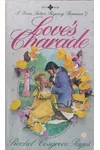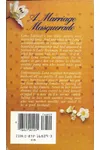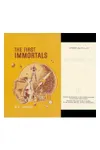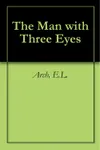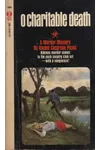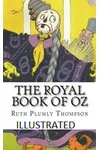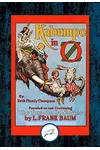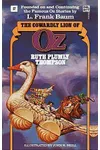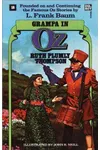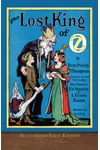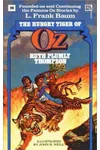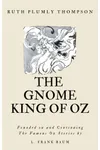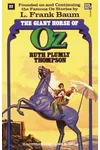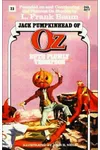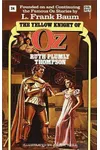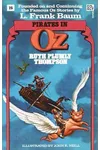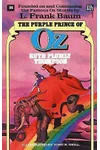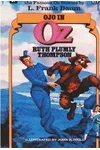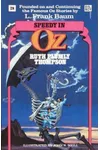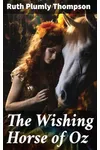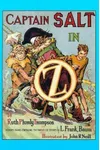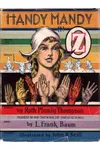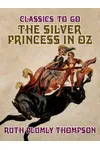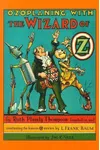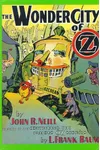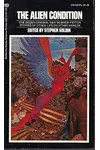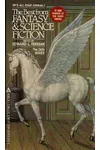Picture a storyteller who spun tales from the magical Land of Oz to the passionate pages of historical romance—meet Rachel Cosgrove Payes! Born in 1922 in Westernport, Maryland, this American author danced across genres with the grace of a seasoned adventurer. With a knack for crafting vivid worlds, Payes left an indelible mark on 20th-century literature, blending her scientific roots with a flair for storytelling.
The Making of Rachel Cosgrove Payes
Rachel Ruth Cosgrove Payes grew up in a small Maryland town, the daughter of a mine foreman and a teacher. Her curiosity led her to West Virginia Wesleyan College, where she earned a B.S. in 1943 and trained as a research biologist. Working as a medical technologist by day, she nurtured a secret passion for writing. In 1954, she married Norman Morris Payes, a scientist, and together they raised a son and daughter. Her scientific precision and creative spark collided in 1951 when she penned her first book, launching a prolific career.
Rachel Cosgrove Payes’s Unforgettable Stories
Payes debuted with The Hidden Valley of Oz (1951), a whimsical addition to L. Frank Baum’s beloved Oz series. This children’s fantasy introduced readers to new adventures in a magical land, showcasing her ability to honor Baum’s legacy while adding her own charm. Her follow-up, The Wicked Witch of Oz (1954), faced publication delays due to waning Oz sales but was later released in 1993 by The International Wizard of Oz Club, delighting fans. Transitioning to adult fiction, Payes became a titan of historical romance, penning novels like Satan’s Mistress (1981) and The Coach to Hell (1979) under her own name and pseudonyms like Joanne Kaye. Her romances, often published by Playboy Press, wove rich historical details with passionate narratives. As E.L. Arch, she ventured into science fiction with works like Bridge to Yesterday (1963), blending speculative themes with her signature storytelling finesse.
Her writing style was versatile yet grounded in vivid settings and strong characters. Whether crafting gothic mysteries like The Black Swan (1975) or exploring 18th-century England’s political unrest in Satan’s Mistress, Payes had a gift for immersing readers in her worlds. Her ability to pivot between genres—fantasy, romance, sci-fi, and gothic—made her a standout in an era dominated by single-genre authors.
Why Rachel Cosgrove Payes Matters
Rachel Cosgrove Payes’s legacy lies in her fearless genre-hopping and dedication to storytelling. Her Oz books introduced young readers to wonder, while her romances and sci-fi novels captivated adults with their depth and drama. Though she famously insisted Oz was “for kids!” in the documentary Oz: The American Fairyland, her broad appeal transcended age. Payes’s work paved the way for authors who blend genres, proving that a writer’s imagination need not be confined. Her historical romances, rich with period detail, remain a treasure for fans of the genre, while her Oz contributions keep Baum’s universe alive.
- Born: December 11, 1922, Westernport, Maryland
- Died: October 10, 1998, Brick Township, New Jersey
- Key Works: The Hidden Valley of Oz, The Wicked Witch of Oz, Satan’s Mistress, The Black Swan
- Pseudonyms: E.L. Arch, Joanne Kaye
Ready to explore a world of magic, romance, and mystery? Snag The Hidden Valley of Oz or Satan’s Mistress and dive into Rachel Cosgrove Payes’s captivating stories!
